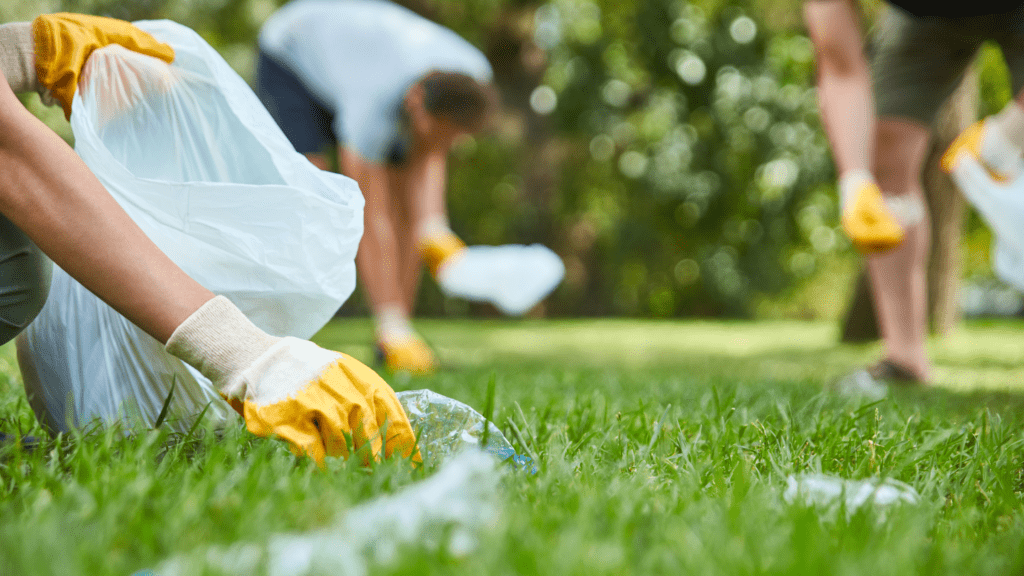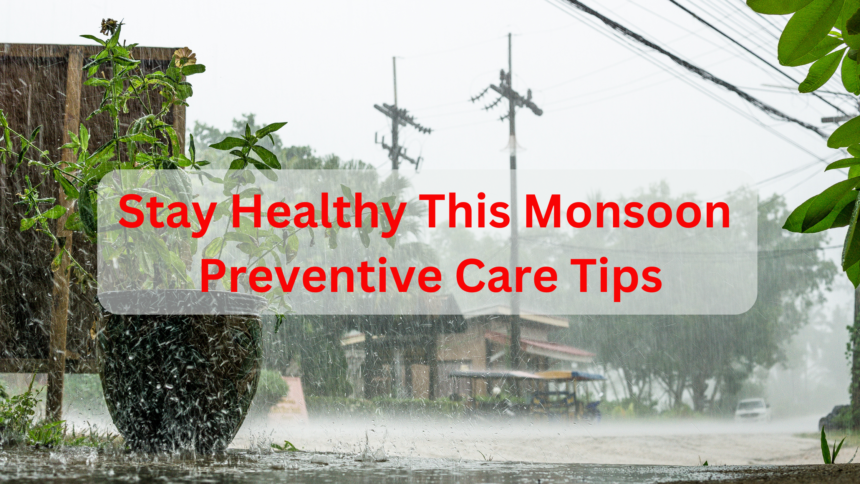Introduction
The allure of the monsoon season is undeniable. As the first droplets of rain touch the parched earth, a sense of rejuvenation fills the air. The landscape transforms into a lush green paradise, rivers swell with life, and the oppressive heat of the summer months becomes a distant memory. However, amidst this natural splendor lie hidden health hazards that require diligent preventive care to navigate safely.
Understanding Monsoon-Related Health Risks
Monsoon in India, while beautiful, brings with it a plethora of health risks. Waterborne diseases surge as stagnant water becomes a breeding ground for pathogens. Vector-borne diseases, notably those transmitted by mosquitoes, also see a spike. Additionally, the increased humidity and dampness foster respiratory infections. Each of these threats necessitates a thorough understanding and vigilant preventive care to ensure well-being during this season.
Importance of Preventive Care
Preventive care is the cornerstone of maintaining health during the monsoon. It involves proactive measures to prevent the onset of diseases rather than treating them after they occur. This approach is particularly crucial during the monsoon when environmental conditions favor the spread of various illnesses. Effective preventive care can significantly reduce the incidence of monsoon-related health issues, ensuring a healthier and more enjoyable season.
Waterborne Diseases: A Monsoon Menace
Waterborne diseases such as cholera, typhoid, and hepatitis A are common during the monsoon. These illnesses are primarily spread through contaminated water. Symptoms often include severe diarrhea, vomiting, and fever, which can lead to dehydration and more severe complications if not treated promptly. Understanding these diseases and incorporating preventive care measures, such as consuming purified water and avoiding street food, can drastically mitigate these risks.
Vector-Borne Diseases: The Mosquito Threat
Dengue, malaria, and chikungunya are prevalent vector-borne diseases during the monsoon, transmitted by mosquitoes. Stagnant water, ubiquitous during this season, becomes breeding grounds for mosquitoes. Preventive care strategies include eliminating standing water around living areas, using mosquito repellents, and sleeping under mosquito nets. Wearing long sleeves and trousers can also provide a physical barrier against mosquito bites.
Respiratory Infections: Damp Dangers
Respiratory infections like influenza, common cold, and fungal infections flourish in the humid monsoon climate. The damp environment promotes the growth of mold and fungi, exacerbating respiratory issues. Preventive care involves maintaining dry and well-ventilated living spaces, using dehumidifiers if necessary, and ensuring good personal hygiene. It’s also beneficial to strengthen the immune system through a balanced diet rich in vitamins and minerals.
Nutritional Preventive Care During Monsoon
A robust immune system is the body’s first line of defense against infections. During the monsoon, it is crucial to consume a diet rich in antioxidants, vitamins, and minerals. Fresh fruits, vegetables, and immune-boosting foods like garlic, ginger, and turmeric should be staples. Hydration is equally important; drinking adequate amounts of clean, purified water is essential to prevent dehydration and maintain overall health.

Safe Water Practices
Purification of drinking water is a fundamental preventive care measure. Boiling water, using water purifiers, and consuming packaged drinking water are effective ways to avoid waterborne diseases. It’s also important to avoid consuming water from unknown or unreliable sources, particularly in rural areas where water contamination is more prevalent.
Personal Hygiene: A Key Preventive Measure
Maintaining personal hygiene is crucial to ward off infections. Regular hand washing with soap, especially before eating and after using the restroom, can prevent the spread of germs. Daily showers, wearing clean clothes, and keeping nails trimmed are simple yet effective preventive care practices that contribute significantly to overall health during the monsoon.
Protecting Against Mosquitoes
Mosquito-proofing your home is an essential preventive care step. This includes using screens on windows and doors, applying insect repellents, and using mosquito nets while sleeping. Additionally, using natural repellents like neem oil and citronella can provide an extra layer of protection. Eliminating any standing water in and around the home is crucial to prevent mosquito breeding.
Suggestions:
Mosquito Repellent Balm
Mosquito Net
Clothing Choices for Monsoon Health
Wearing appropriate clothing can help mitigate health risks. Lightweight, quick-drying fabrics are ideal as they prevent prolonged dampness, which can lead to fungal infections. It’s also advisable to opt for full-sleeved clothing to minimize exposure to mosquitoes.
Footwear for the Wet Season
Choosing the right footwear is another important preventive care measure. Waterproof, quick-drying shoes help keep feet dry and prevent fungal infections like athlete’s foot. It’s also beneficial to use antifungal powders to keep feet dry and clean.
Home Environment and Preventive Care
A clean and dry living environment is essential for good health during the monsoon. Regular cleaning and proper ventilation help prevent the growth of mold and mildew. Using dehumidifiers and ensuring that rooms receive adequate sunlight can also help maintain a healthy indoor atmosphere.

Mental Health and Monsoon Blues
The monsoon season can sometimes lead to feelings of melancholy, known as Seasonal Affective Disorder (SAD). To combat this, engaging in indoor activities, maintaining social connections, and ensuring adequate light exposure are important preventive care strategies for mental well-being.
Exercise and Physical Activity
Regular physical activity is essential for maintaining health during the monsoon. Indoor exercises such as yoga, pilates, and home workouts can keep the body fit and immune system strong. Staying active helps in combating the lethargy and depression that sometimes accompany the monsoon season.
Role of Traditional Medicine
Traditional medicine, including Ayurvedic practices, offers various preventive care options during the monsoon. Herbal remedies, such as tulsi (holy basil) tea, ginger concoctions, and turmeric milk, can boost immunity and prevent common ailments. Consulting with Ayurvedic practitioners can provide personalized preventive care strategies.
Suggestions:
Ayurvedic Immune Boosters
Consulting Healthcare Professionals
Regular check-ups with healthcare professionals are vital for early detection and management of any health issues. Timely medical advice and vaccinations can provide an added layer of preventive care, safeguarding against potential monsoon-related diseases.
Traveling Safely During Monsoon
Travel during the monsoon requires additional precautions. Ensuring safe food and water consumption, carrying necessary medications, and avoiding flood-prone areas are important preventive care measures. It’s also wise to stay updated on weather forecasts and travel advisories.
Community Preventive Care Initiatives
Community-wide preventive care efforts play a crucial role in combating monsoon-related health issues. Government and NGO initiatives aimed at vector control, water purification, and public health education are essential. Participation in community awareness programs can enhance collective health and safety.
Conclusion
The monsoon season, with its myriad charms and challenges, necessitates vigilant preventive care to ensure health and well-being. By understanding the risks and implementing comprehensive preventive care measures, one can navigate the monsoon safely and enjoy its beauty to the fullest. Proactive health management, rooted in preventive care, is the key to a healthy and happy monsoon season.

For More News Follow Hum Story













